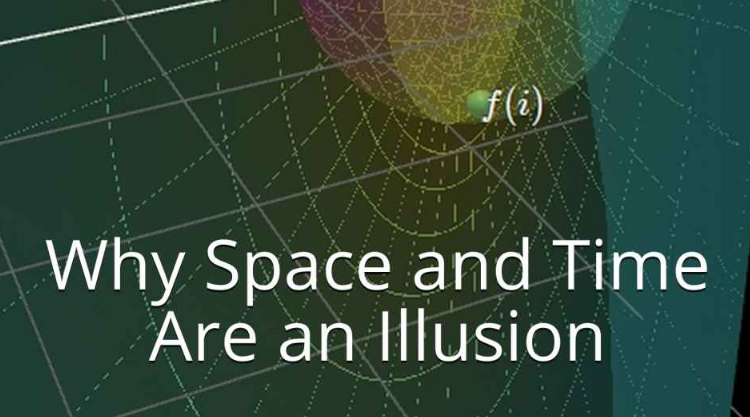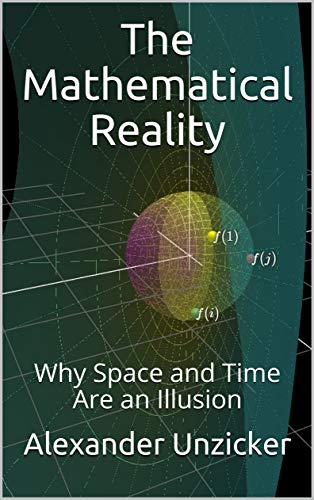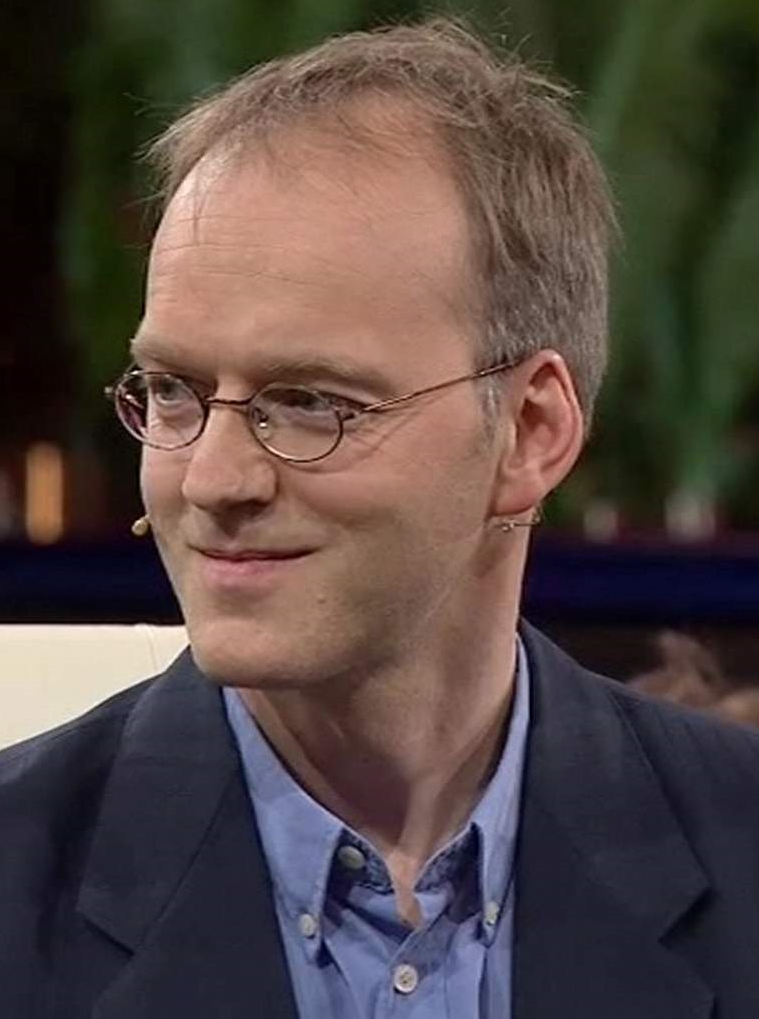Alexander Unzicker is a theoretical physicist and writes about elementary questions of natural philosophy. His critique of contemporary physics Bankrupting Physics (Macmillan) received the ‘Science Book of the Year’ award (German edition 2010). With The Mathematical Reality, Unzicker presents his most fundamental work to date, which is the result of years of study of natural laws and their historical development.The discovery of fundamental laws of nature has influenced the fate of Homo sapiens more than anything else. Has modern physics already understood these laws?
Many puzzles formulated by Albert Einstein or Paul Dirac are still unsolved today, in particular the meaning of fundamental constants. In this book, Unzicker contends that a rational description of nature must do without any constants.A methodological and historical analysis shows, however, that the underlying problem of physics is deep, unexpected and fatal: the concepts of space and time themselves, the basis of science since Newton, could be fundamentally inappropriate for the description of reality, although—or precisely because—they are so easily accessible to human perception.A new understanding of reality can only arise from mathematics. By exploring the three-dimensional unitary sphere, which could replace the concepts of space and time, the author presents a mathematical vision that points the way to a new understanding of reality.
Alexander Unzicker is a theoretical physicist and writes about elementary questions of natural philosophy. His critique of contemporary physics Bankrupting Physics (Macmillan) received the ‘Science Book of the Year’ award (German edition 2010). With The Mathematical Reality, Unzicker presents his most fundamental work to date, which is the result of years of study of natural laws and their historical development.
The discovery of fundamental laws of nature has influenced the fate of Homo sapiens more than anything else. Has modern physics already understood these laws? Many puzzles formulated by Albert Einstein or Paul Dirac are still unsolved today, in particular the meaning of fundamental constants. In this book, Unzicker contends that a rational description of nature must do without any constants.
A thorough analysis of the history of physics leads to the conclusion that there is a serious problem with what have been considered the basis of reality for centuries: Space and time. These may be the most accessible concepts for human perception, but are probably unsuitable for a basic understanding of nature.
A methodological and historical analysis shows, however, that the underlying problem of physics is deep, unexpected and fatal: the concepts of space and time themselves, the basis of science since Newton, could be fundamentally inappropriate for the description of reality, although—or precisely because—they are so easily accessible to human perception.
A new understanding of reality can only arise from mathematics. By exploring the three-dimensional unit sphere, which could replace the concepts of space and time, the author presents a mathematical vision that points the way to a new understanding of reality.
![]()





